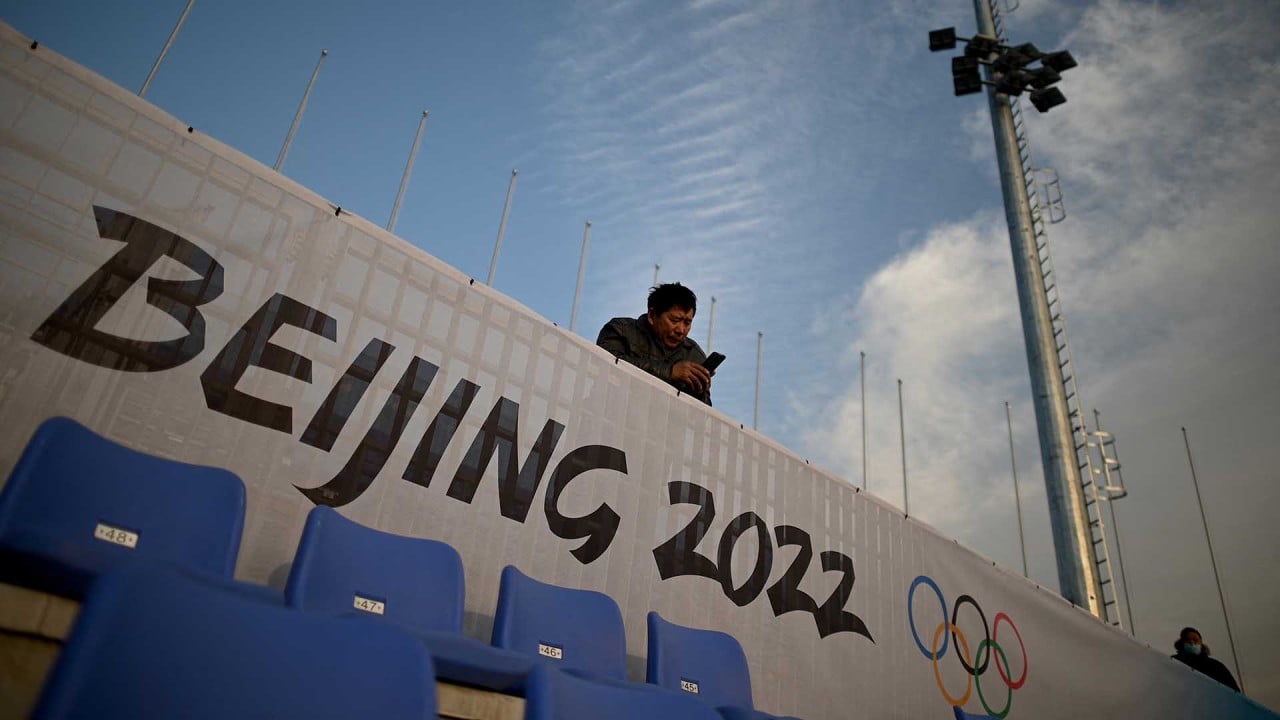
Beijing Winter Olympics organisers confident of keeping Covid-19 outbreaks within its ‘closed loop’
- The rapid spread of Omicron around the globe means outbreaks in China during the Winter Games are likely, says Olympics epidemic control official
- Testing, quarantine and treatment rules for athletes and Olympics-related personnel are different than for others in China
“We are very confident that we will control the spread [from the Olympics venues] to the host city,” Huang said.
Although China adopts strict quarantine measures for inbound travellers as part of its zero-tolerance Covid-19 response, Olympic athletes and participants will be exempt from the 21-day quarantine if they are vaccinated. The policy will not change, even though the Omicron variant has been shown to evade vaccine-induced immunity and cause breakthrough infections.
Huang said the Beijing organising committee “strongly recommends” athletes, support staff and other participants have a booster shot before travelling to China, saying many countries had already inoculated their athletes with boosters.
Coronavirus: Omicron doubles or triples infection risk on flights
China has imposed less stringent requirements on athletes and other Games-related personnel than for others. People affiliated with the Olympics must take daily coronavirus tests and anyone found positive but asymptomatic will be taken to a facility for isolation, rather than a hospital as required for people not associated with the Games.
Asymptomatic carriers may be released to compete or go back to work after proving they have returned two negative tests with an interval of 24 hours.
People who return a positive result and who have Covid-19 symptoms will be sent for hospital treatment. They will be released when they return two negative coronavirus tests and no longer have symptoms.
Close contacts – who outside the Olympics context would otherwise be quarantined for 21 days in Beijing – could go back to competition or work if they returned negative tests, Huang said. The epidemic control rules stipulate that close contacts must quarantine in a single room and dine alone, having frequent tests for 14 days.
Huang said the Beijing Capital International Airport, the country’s largest airport and the designated Olympics landing point, will have a closed loop within it, preventing Games participants from mixing with the general public.
Living with zero Covid in China, 2 years and counting
Han Zirong, vice-president and secretary general of the Beijing organising committee, told reporters the committee was still formulating and studying its audience plans which would take the epidemic situation into account.



